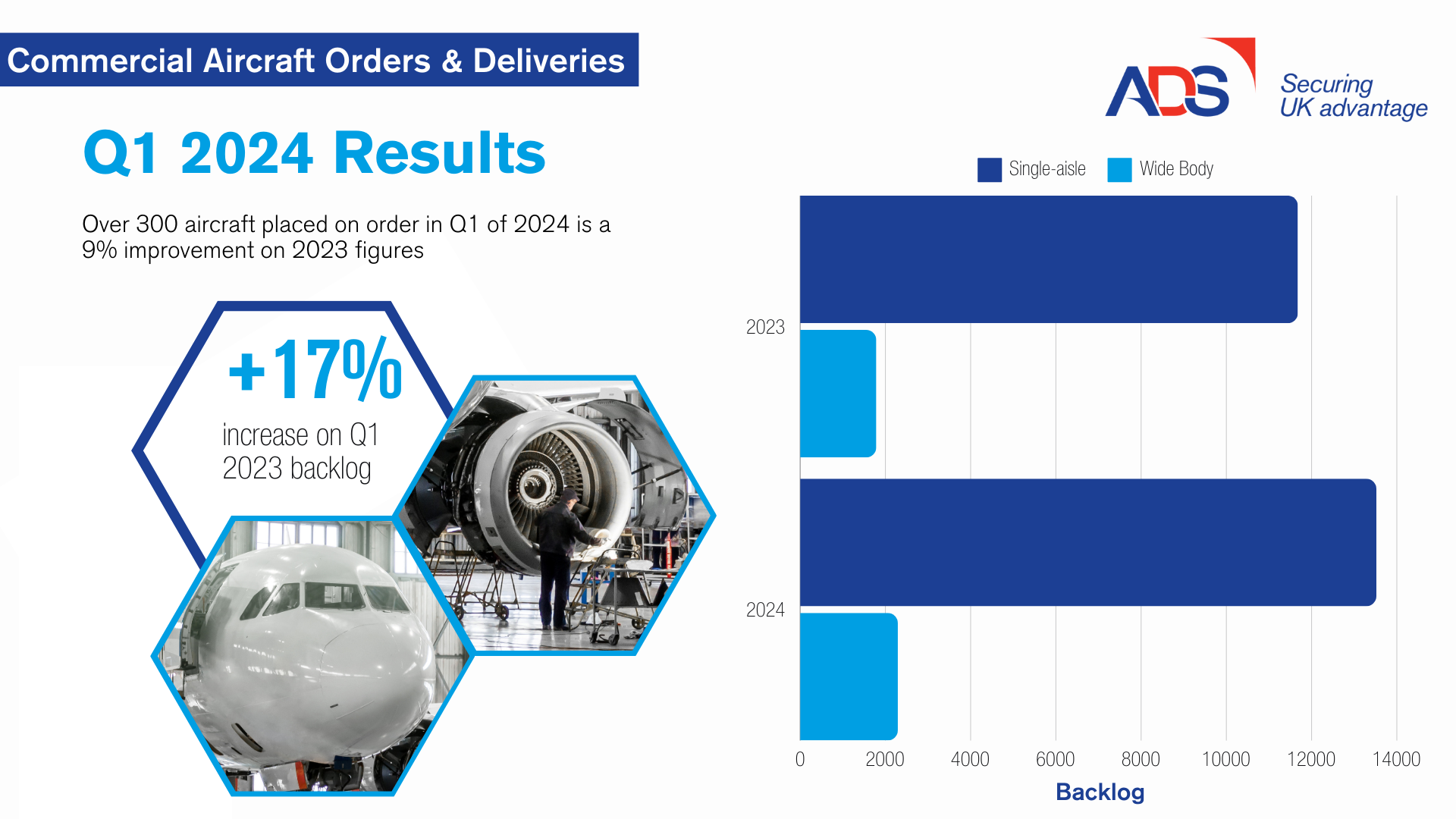The UK’s security industry is supporting the international response to the Ebola crisis. For example,
- The technology of Andover-based Bioquell UK Ltd, a world-leader in decontamination and infection control solutions, was used to decontaminate the unit in the Royal Free Hospital once William Pooley, the British nurse working in West Africa, was discharged. The technology is also being used to decontaminate those hospitals in America which have been treating Ebola patients.
- Global Resilience Services Ltd (GRS) in Cheshire is supplying a number of West African countries with specialist decontamination and containment products. The supply of bespoke isolation stretchers with filtration systems has proven to be a critical solution for the safe movement of infected casualties and the protection of medical personnel when taking fluid samples. The company also has world-leading mass decontamination units.
- Westminster Group plc, headquartered in Oxfordshire, is working with the Freetown International Airport in Sierra Leone to deliver all aspects of aviation security. In response to the Ebola virus, the company is assisting with the implementation of new medical screening to identify passengers that are potentially infected, including the supply of specialist fever screening equipment. It has also helped the British High Commission evacuate Ebola-affected patients.
- Thermoteknix Systems Ltd has provided its FevIR Scan Fever Screening System to Nigeria to assist with the response to the Ebola crisis. The system was used during the SARS, Bird Flu, Swine Flu and H5N1 virus outbreaks. It is already operational in numerous countries including the UK, Thailand, Mauritius, Angola and in Mexico.
As the spread of the virus increases, ADS is working with the UK government to identify how the security sector can increase its support to the national and international response to the Ebola crisis. Indeed, the Action Plan to Defeat Ebola in Sierra Leone is very similar to a capability analysis provided to the government by the security industry. The Action Plan includes:
- Plans for a forward command and control logistical hub, and requests ‘offers of technical support to this central organisational and logistics function…including information management, Geographic Information Systems support and urgent additional capacity to maintain air support for personnel and supplies’.
- The construction and operating costs for four new treatment facilities, 500 bed areas, and associated commodities.
- A request for ‘offers of additional international medical trainers to boost training capacity’.
- A requirement for additional laboratory capacity to ensure that cases are identified early and to increase the speed of discharge to free up beds in treatment facilities.
- Care and infection control services.
The UK’s security sector is well placed to support each of these requests, building on its existing contribution.





